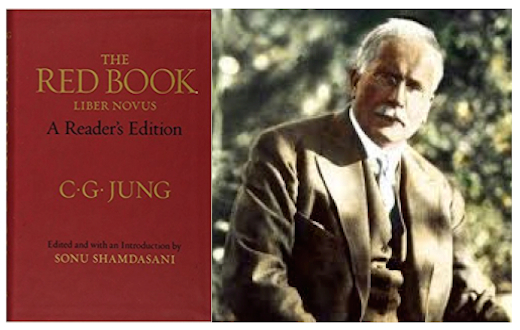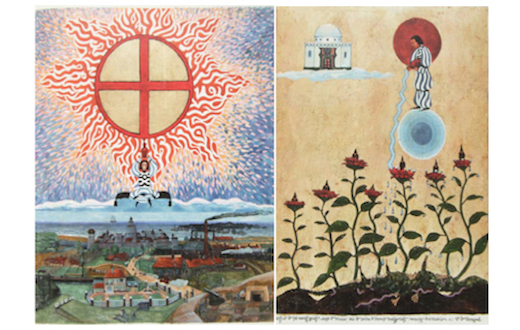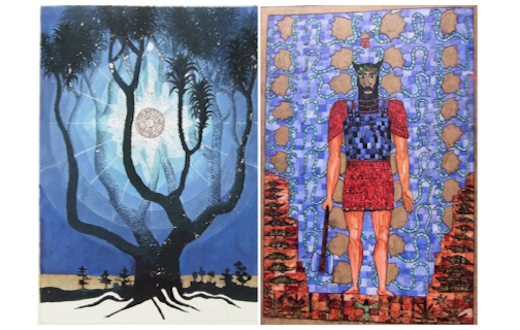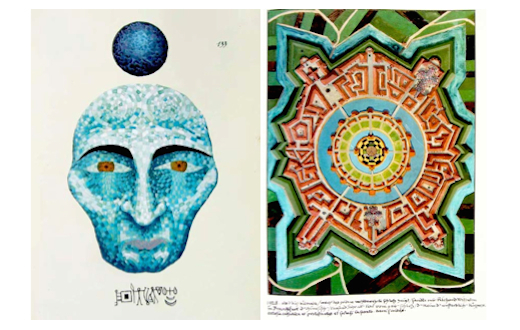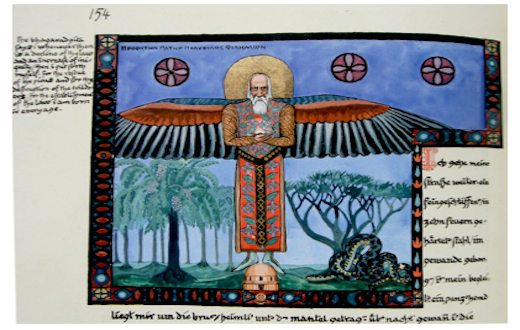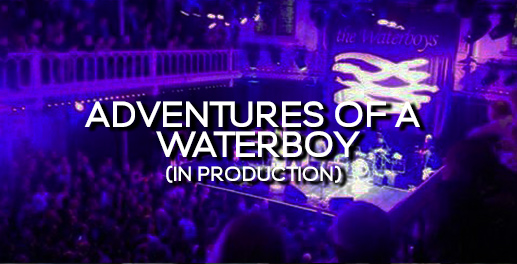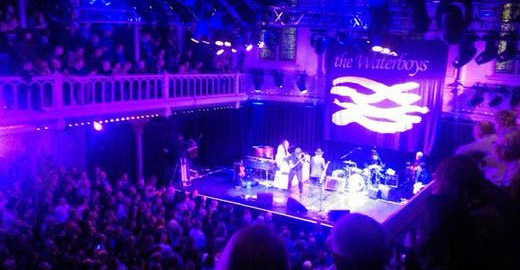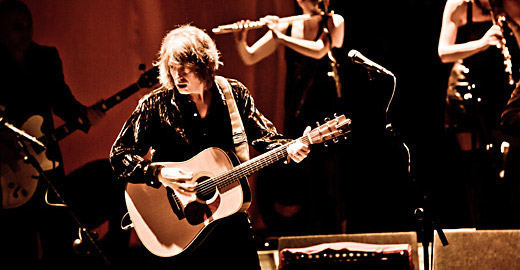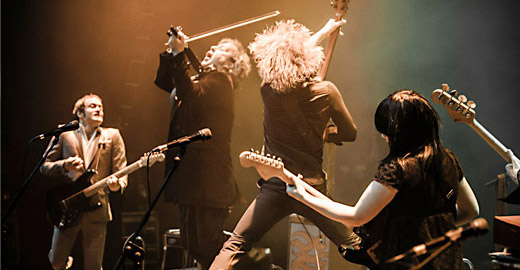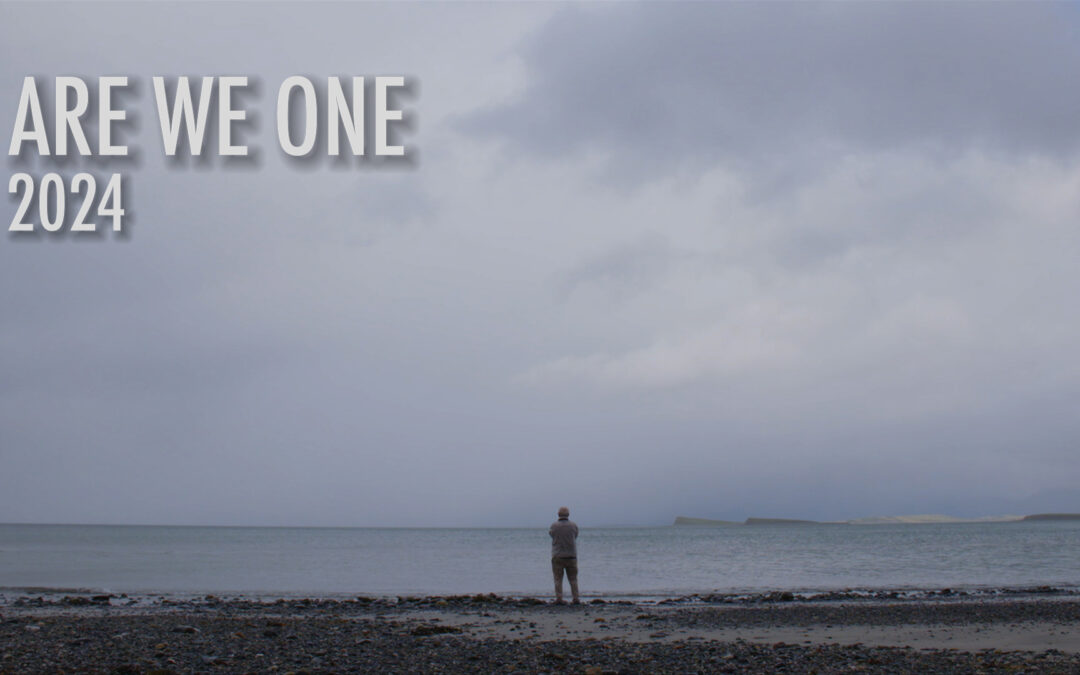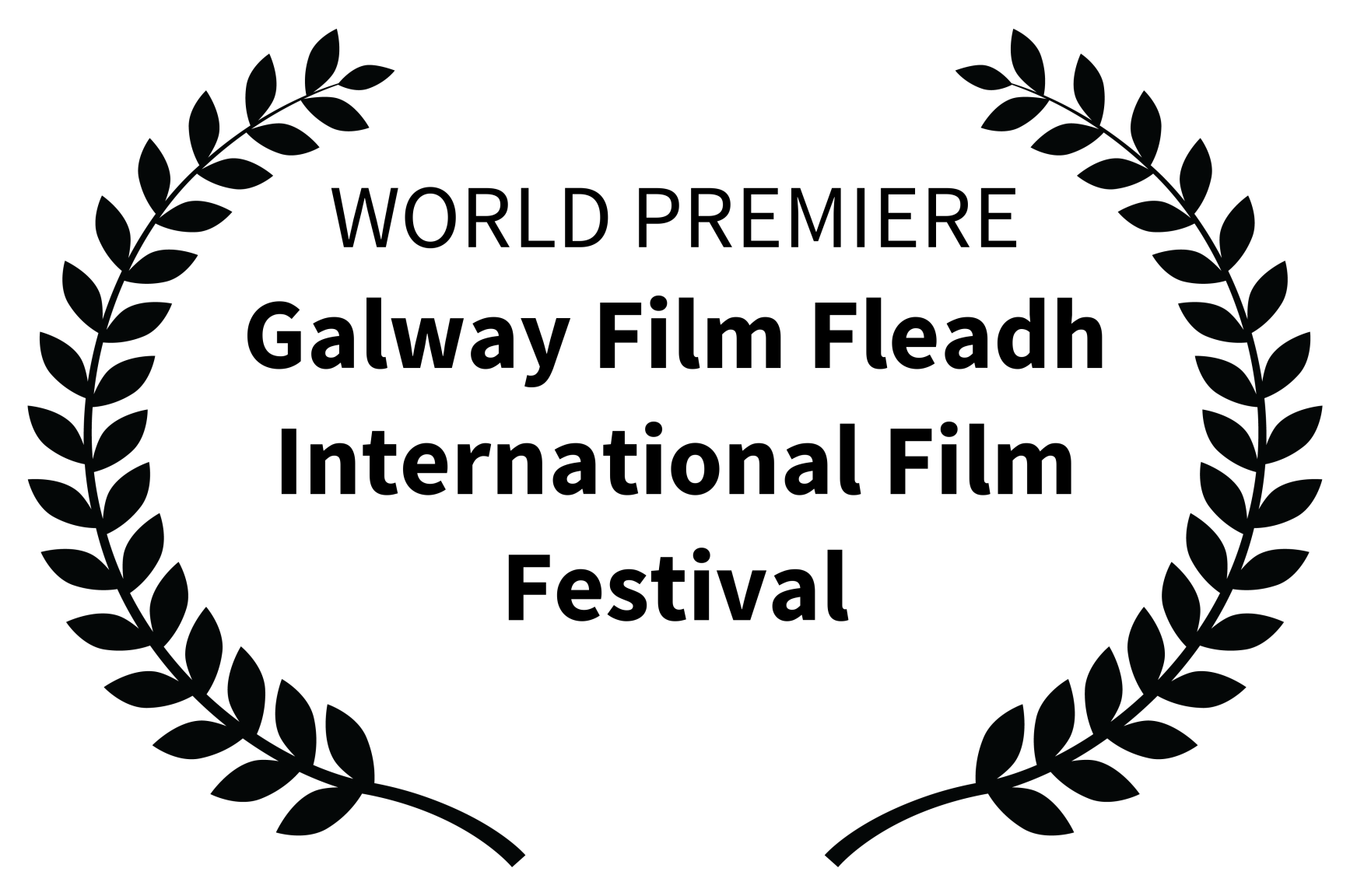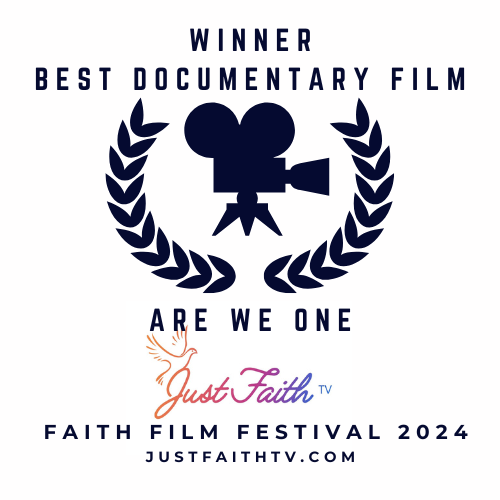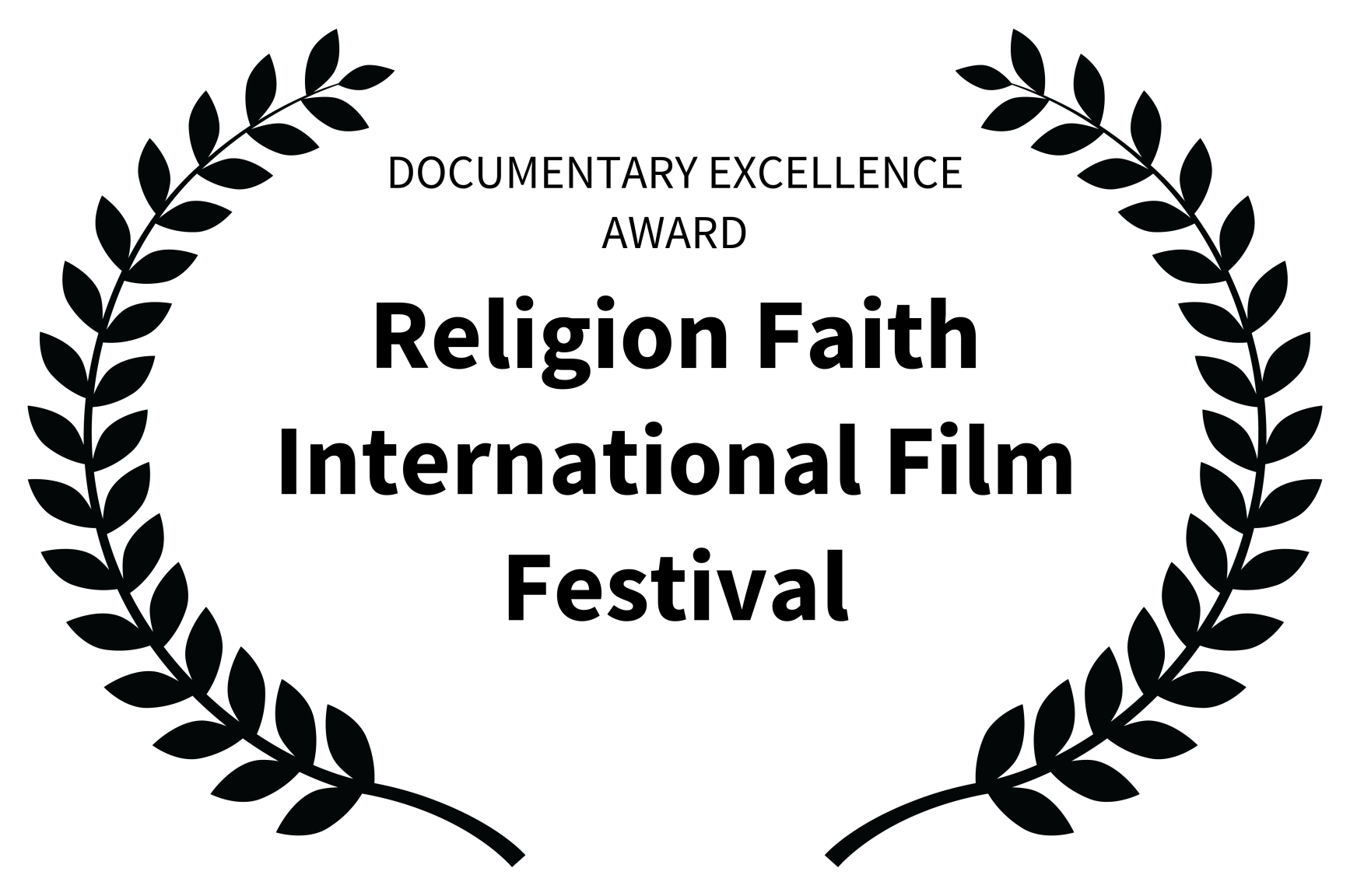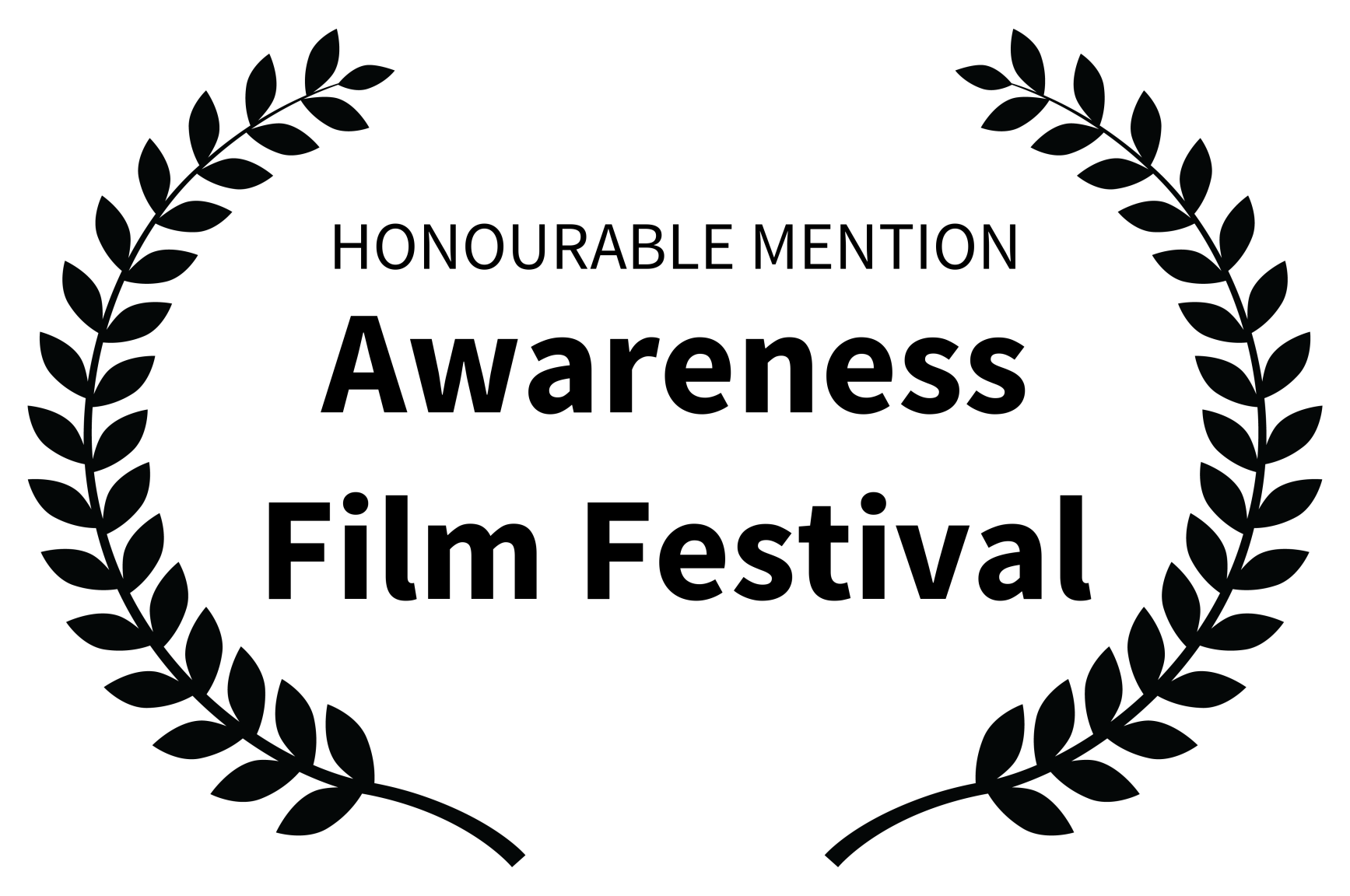Full Synopsis ::
Robert Kennedy, S.J., Roshi was born into an Irish-American family in Brooklyn in 1933 and joined the Jesuits in 1951 at the age of 18. After an extensive spiritual and academic training, he was ordained a priest in Japan in 1965 at the age of 32.
In Japan, he studied Zen with Yamada Koun Roshi in the 1970s – a central historical figure in 20th Century Japanese Zen. Yamada had a profound effect on his life. Here was a married layman with a family, who expressed insight and humanity in a way that powerfully touched the young Robert Kennedy.
Returning to the United States the young Jesuit began studying Zen with Maezumi Roshi in Los Angeles and then with Bernie Glassman Roshi in New York City.
His work in Zen led him to forming deep connections with some of the most iconic figures in 20th Century Japanese and American Zen including Yamada Roshi, Hugo M. Enomiya-Lassalle, William Johnston, Maezumi Roshi, Bernie Glassman Roshi and the acclaimed writer Peter Matthiessen.
The course of his life’s journey intersected with key historical moments in the ever-evolving story of the coming of Zen to the West.
Robert Kennedy was one of the first American Catholic priests to be installed as a Zen teacher in the U.S. The installation caused outrage in the Zen community in the U.S. from people objecting to the installation of a cleric from another faith. Faced with this fierce opposition, his teacher Bernie Glassman Roshi famously refuted the objections by asking his students;
‘Are we one, or are we not?’.
Strengthened by his teacher’s resolve, Robert Kennedy forged ahead with his own aspiration to foster and encourage interfaith dialogue and in the words of Laurence Freeman ‘has opened, and passed through, many doors in the course of his spiritual journey’.
This new documentary film traces the transmission of Zen meditation through the life’s work of this 90 year-old Irish-American Jesuit Zen Master – and his successors and students – in a contemporary exploration of interfaith dialogue on the common ground of human experience.

More Information about Robert Kennedy ::
Robert Kennedy is the former chair of the Theology department of Saint Peter’s College in Jersey City, where he taught theology and Japanese. In addition to his work at the college, he was a practicing psychoanalyst in New York City and a representative at the United Nations of the Institute for Spiritual Consciousness in Politics.
He is also the author of two books, ‘Zen Spirit, Christian Spirit’ and ‘Zen Gifts to Christians’.
He sits with his Zen students daily at the Morning Star Zendo in Jersey City and holds Sesshins (Zen Retreats) internationally.
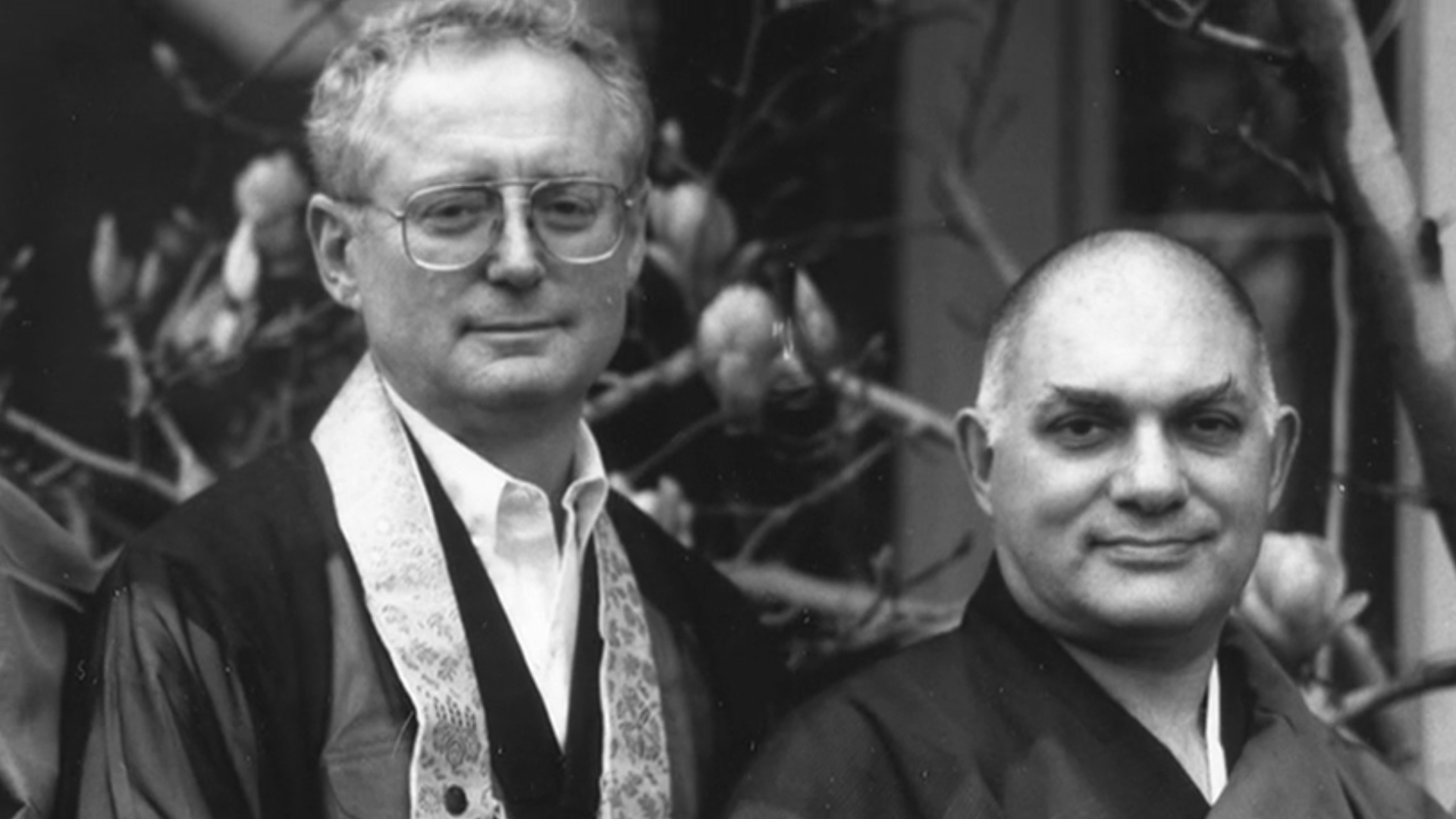
Robert Kennedy with his Zen teacher Bernie Glassman (Photo Courtesy of Peter Cunningham)
More Information about Bernie Glassman Roshi ::
Bernie Glassman Roshi (1939 – 2018) was a central historical figure in 20th Century American Zen.
He was the founder of Zen Peacemakers; a pioneering international organisation cultivating peace work and socially engaged Buddhist action.
Of Jewish origin, he was known as a pioneer of social enterprise and for facilitating interfaith dialogue.
He was also known for his unorthodox teaching style and for holding legendary ‘Street Retreats’ with homeless people in New York City.
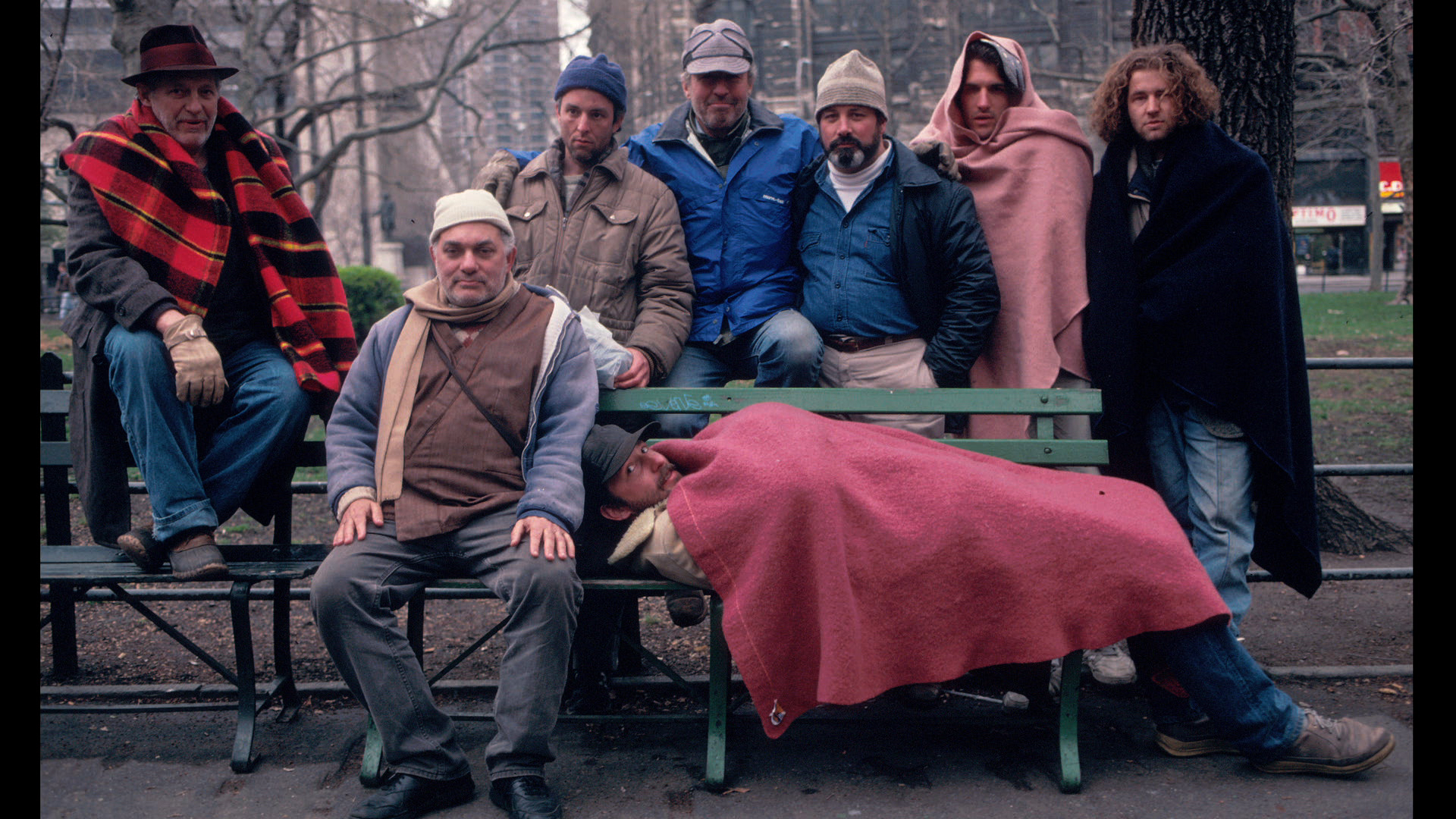
Bernie Glassman Leads a Street Retreat, New York City (Photo Courtesy of Peter Cunningham)
In 1996 Glassman began holding annual interfaith ‘Bearing Witness Retreats’ at the old site of the death camps of Auschwitz-Birkenau that continue to this day.
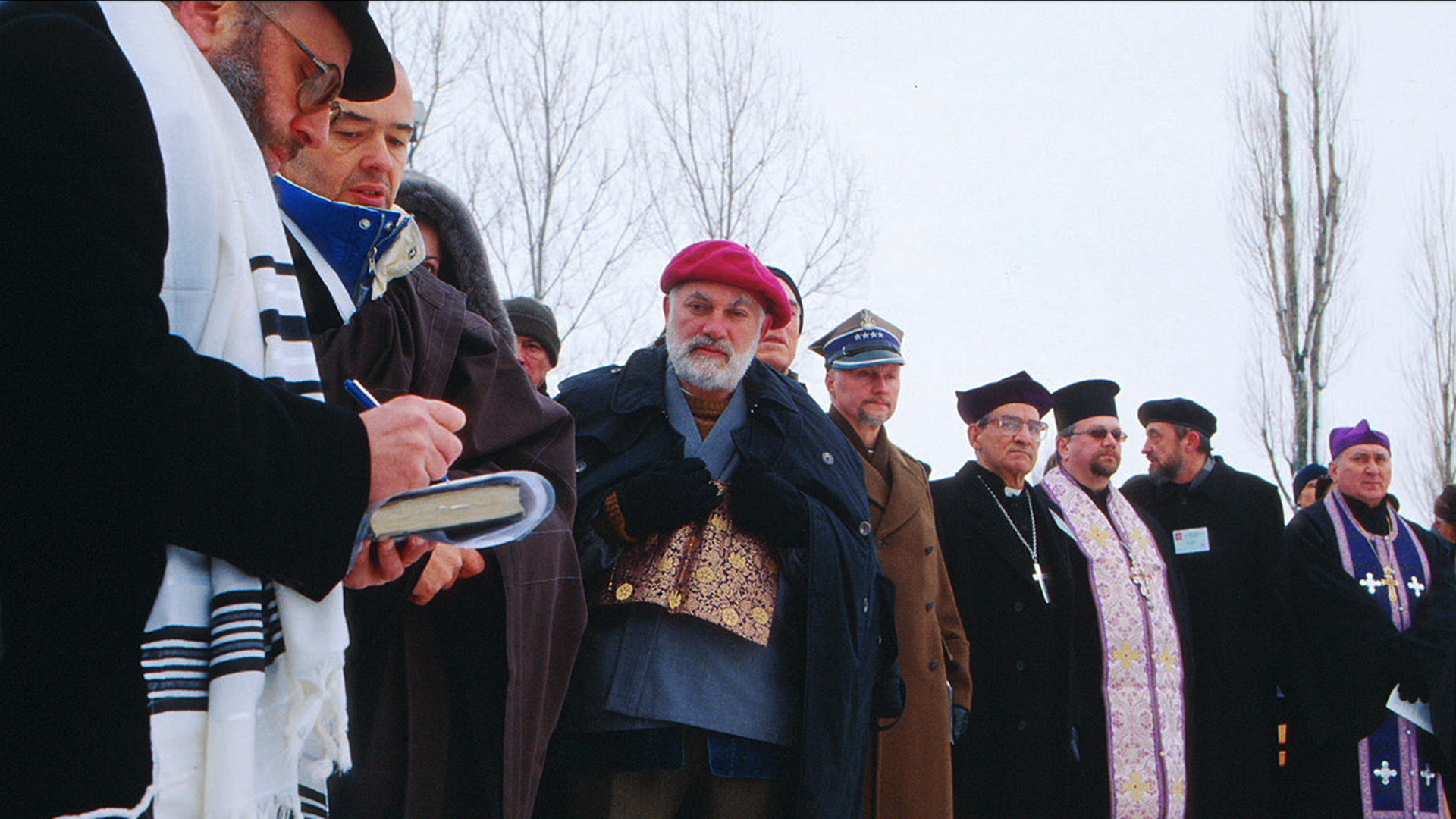
Bernie Glassman Leads an Interfaith Bearing Witness Retreat, Auschwitz(Photo Courtesy of Peter Cunningham)
Robert Kennedy Roshi’s Dharma Successors ::
To date, Robert Kennedy has installed 22 Dharma Successors – 11 women & 11 men – lay teachers who have studied Zen and worked with him over the last thirty years and have been approved by him to teach, including.
His successors have brought Zen meditation practice into many areas including into schools, community organisations, prisons and into social justice in international settings as diverse as the U.S., Mexico, Ecuador, Germany and Ireland.
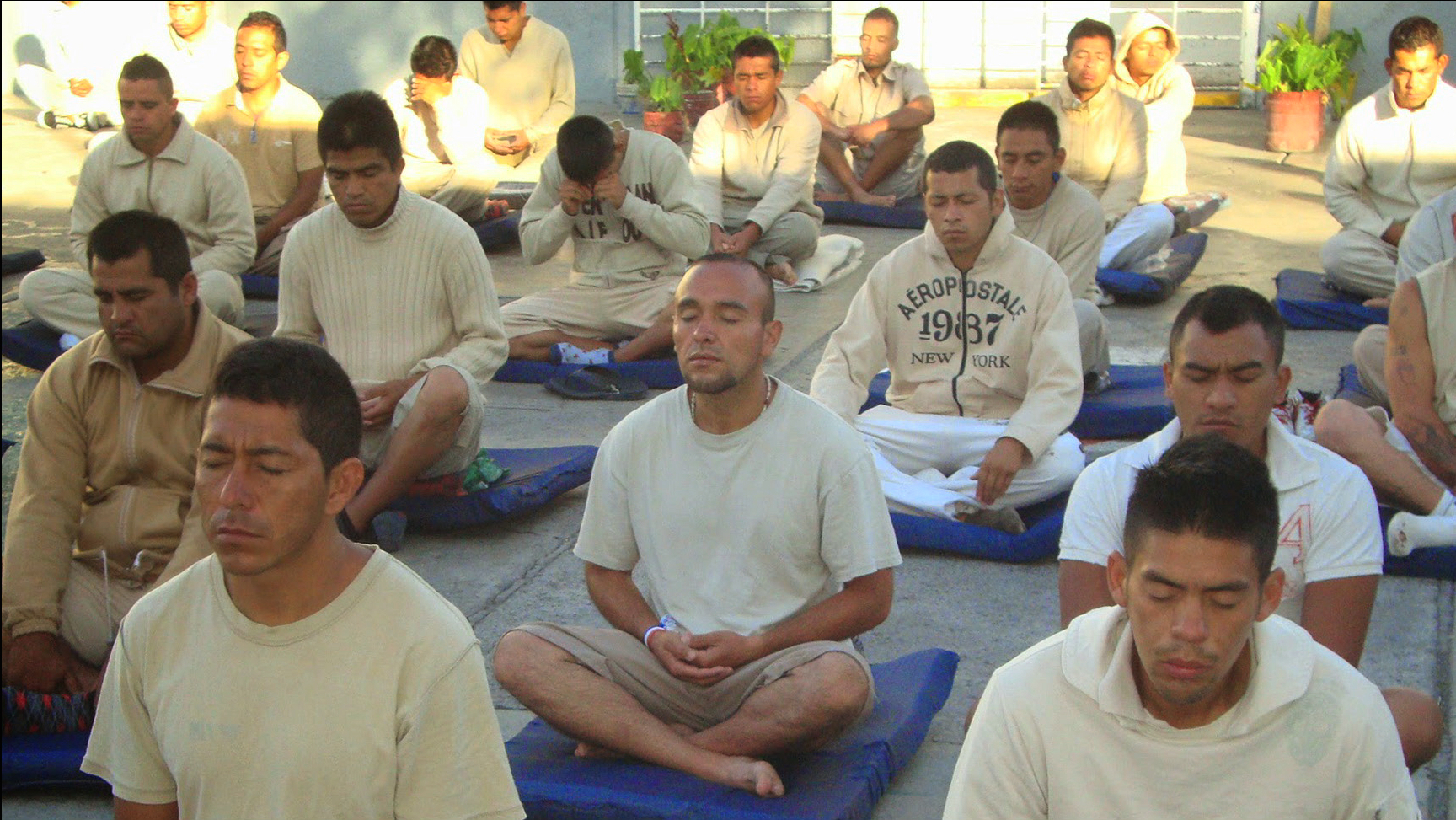
People in Prison meditate in a program run by Inge von Wobeser-Hopfner in Mexico City
________________________________________
One Line Synopsis (17 words / 88 characters)
A new documentary about a 90 year-old Zen master who also happens to be a Jesuit priest.
Short Synopsis (40 words / 275 characters)
A documentary tracing the transmission of Zen meditation through the life’s work of 90 year-old Irish-American Jesuit Zen Master Robert Kennedy – and his successors and students – in a contemporary exploration of interfaith dialogue on the common ground of human experience.
Medium Synopsis (76 words / 482 characters)
A documentary tracing the transmission of Zen meditation through the life’s work of 90 year-old Irish-American Jesuit Zen Master Robert Kennedy – and his successors – in a contemporary exploration of interfaith dialogue.
Robert Kennedy’s work in Zen has brought him into dialogue with some of the most iconic figures of 20th Century Japanese and American Zen; a life’s journey of intersection with key historical moments in the ever-evolving story of the coming of Zen to the West.
Long Synopsis (125 words / 770 characters)
A documentary tracing the transmission of Zen meditation through the life’s work of 90 year-old Irish-American Jesuit Zen Master Robert Kennedy – and his successors – in a contemporary exploration of interfaith dialogue.
Robert Kennedy was one of the first American Catholic priests to be installed as a Zen teacher in the U.S which caused outrage in the U.S. Zen community. Faced with this fierce opposition, his teacher Bernie Glassman famously refuted the objections by asking his students;
‘Are we one, or are we not?’.
Robert Kennedy’s work in Zen has brought him into dialogue with some of the most iconic figures of 20th Century Japanese and American Zen; a life’s journey of intersection with key historical moments in the ever-evolving story of the coming of Zen to the West.



